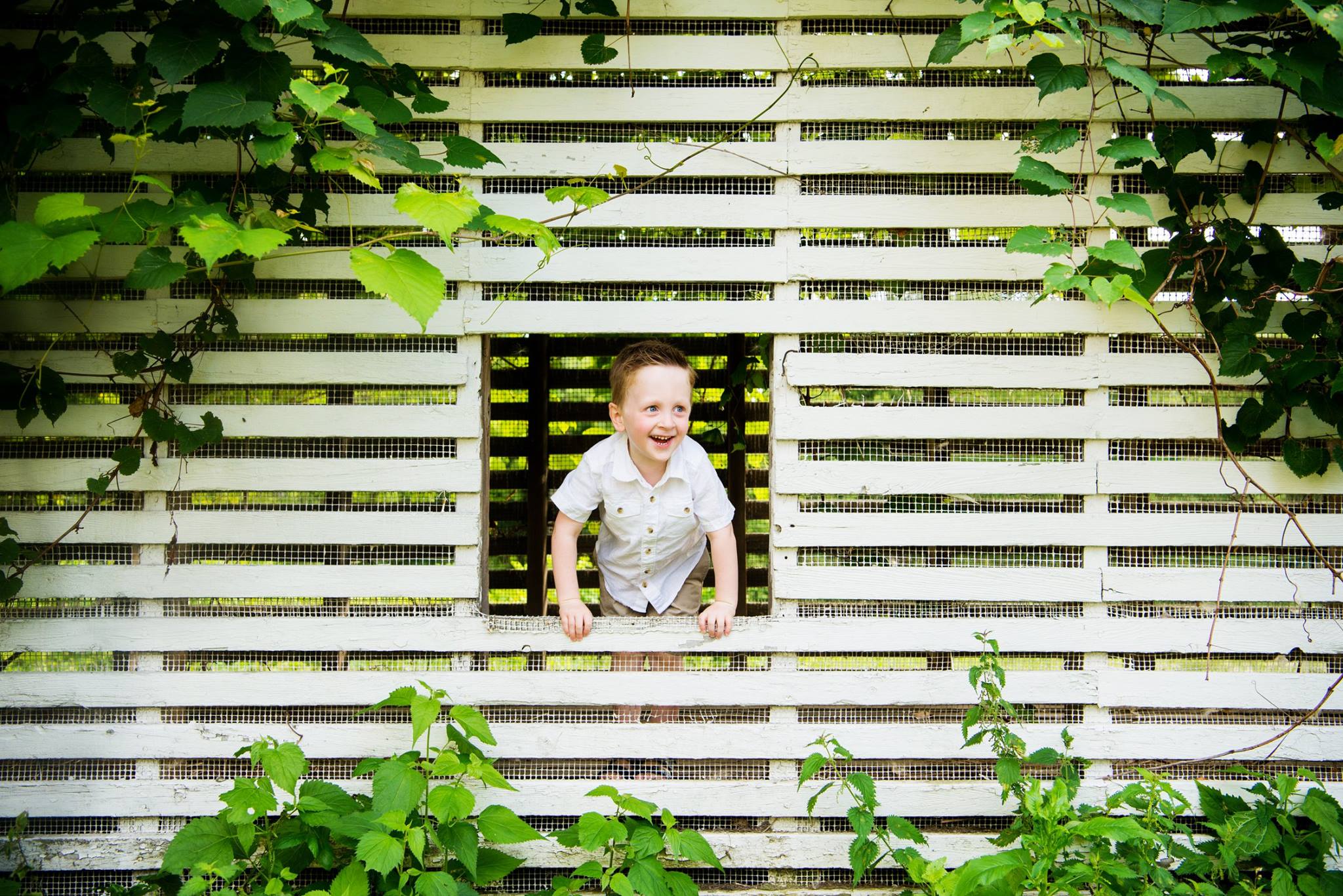In many ways, pregnancy is easier the second (or third, or fifth) time around. You have a general idea of what to expect with each new trimester. Symptoms become familiar, albeit annoying, acquaintances. There are nuances with each pregnancy, but the process as a whole feels more routine.
You’re confident in your ability to give birth to and care for a child. However, there’s another factor to consider: the child(ren) who will be thrust into the role of older sibling. That transition poses difficulties for everyone involved. Children wonder about the attention and affection they’ll receive after the new baby is born. Parents worry about balancing the demands of an infant with the needs of their other children. Thankfully, a little bit of preparation goes a long way.

Follow these seven steps to prepare your child to be a big brother or sister
1. Empower your child
Having even one child is a lot of work, and parental obligations increase with the number of children. Spend your pregnancy empowering your child in his or her development. Increased independence means less oversight on your part and greater confidence for your child. Empowerment looks different at every age. At age three, it’s being potty trained. At age six, it’s knowing how to tie your shoes. Set goals to work towards as a family over the course of the pregnancy. Your child will feel supported and cherished as they enter a new stage of family life.
2. Involve your child
There are plenty of decisions to be made when preparing for a new baby. Whenever possible, invite your child into the process. This will help them step into their role as big brother or big sister. Let your little one pick out a few toys or outfits to add to your baby registry. Ask them if there are any toys they’d like to pass down to their new sibling. You can even put them in charge of decorating the nursery for the new baby’s arrival. Spend family time making cards, paper chains, or any other decorations your child imagines.
3. Speak with your child
The new baby should be a topic of conversation with your family, but it shouldn’t be the only thing you discuss. Share age appropriate updates about your pregnancy. This could include showing the ultrasound or offering an opportunity to feel the new baby kick. It is also to give an idea of the timeline of when you’ll give birth. You might tell a younger child, “The baby will be born near the time when the leaves change colors.” An older child might be more curious about the intricacies of pregnancy. Follow your child’s lead. Some children will want to talk about their new sibling regularly while others will lack interest. Talking about the baby constantly plants seeds of jealousy that can be made manifest after the baby comes home.
4. Explore with your child
If you have a child who is very interested in the progress of the pregnancy or the prospect of being a big brother or sister, take the opportunity to explore those concepts with your child. There are several resources that prepare and educate in an age-appropriate manner. Use them to spark a deeper conversation with your child.
- My New Baby – Rachel Fuller
- The Berenstain Bears’ New Baby – Stan & Jan Berenstain
- What Baby Needs – William Sears, Martha Sears, Christie Watts Kelly
- I’m a New Big Sister – Toddler Fun Learning
- Aiden’s Surprise – Miranda Paul
5. Level set with your child
Your child may or may not have had interactions with other babies, and their idea of being an older sibling might be skewed. Level set with your child about what new babies actually do. Explain that the baby will be growing and changing quickly. This means that the baby has to do a lot of eating and sleeping so it can grow big and strong. Make sure your child understands that the baby won’t be able to play in the same way that he or she can. As a big sister or brother, it will be their job to meet their new sibling at his or her level.
6. Introduce your child
It’s easy to overlook planning the logistics of the first introduction to the new baby. Depending on the nature of the pregnancy, you may opt to bring your little one to the hospital to say their first hellos. Try to split your focus between the newborn and the older sibling during the introduction. Share the baby’s name and highlight his or her newborn abilities. Then tell the big brother or sister how excited you are for them to step into this role. Make your love for them very clear, as they may be feeling a little hesitant after seeing their new sibling in the flesh.
7. Set expectations for your child
Once your newborn comes home, it’s time to set expectations for the older sibling. Ask them what they think it means to be an older sibling and continue the conversation from there. Establish simple guidelines like playing only quiet games while the new baby naps or telling a parent when they’re feeling a little left out. These rules will help your child enjoy being a big brother or sister and aid in avoiding familial meltdowns.
After following these seven steps, you should be well on your way to preparing your child for the presence of a new baby.



